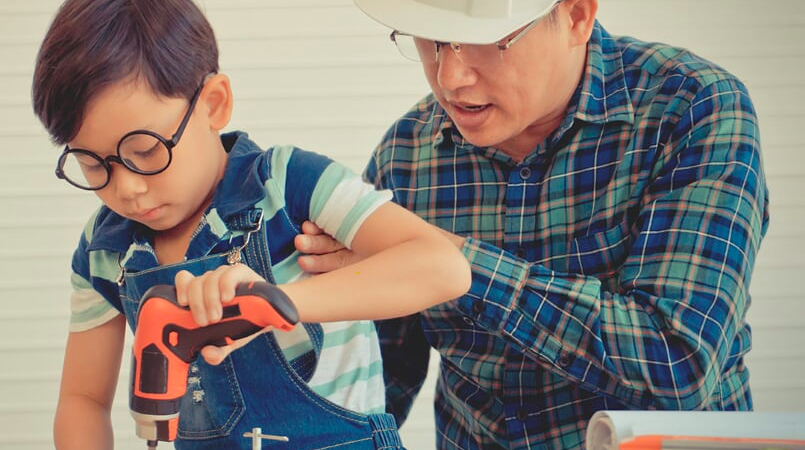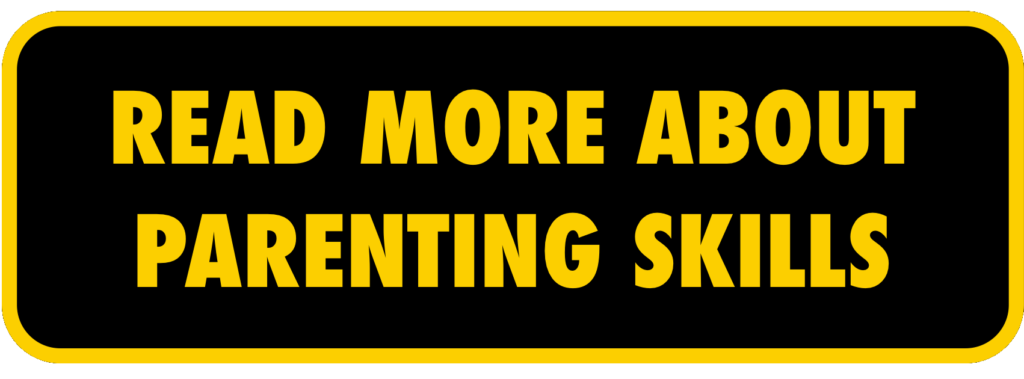Empowerment vs. Enabling: The Fine Line of Parenting
We live in a competitive world, and most parents would jump at the chance to give their child every advantage imaginable. The world can also be unkind and, as caregivers, we feel a need to protect our children from everything possible. Yes, parents are supposed to help and protect their children, but when does supporting children turn into enabling? The difference between empowering and enabling is a fine line and can prove to be difficult to decipher. We’re here to help.
Responsible parenting means providing food, clothing & shelter, giving attention, guidance & love, and protecting our children from danger. It does not mean doing everything for them and protecting them from anything that may bring them difficult feelings. This type of parenting is excessive and can develop due to a parent’s fear or anxiety, or it can even result from peer pressure from other parents. It might also be a way that parents overcompensate for the difficult childhood they experienced. Whatever the case, although the hyper-involvement comes from a place of love, it can actually hinder a child’s ability to achieve autonomy.
In child development terms, autonomy develops when children can function independently and have choices. Without this, according to psychologist Erik Erikson, children may experience shame and doubt about their own abilities. This leads to the exact opposite result that we’re looking for – decreased confidence and increased anxiety. When parents make all the decisions and fix all the problems for their children, those children have underdeveloped coping and life skills. The goal should not be to raise dependent children but, instead, to raise resilient and confident ones.
To facilitate this, parents must empower their children by teaching self-reliance. The goal is to raise children who are independent and stable on their own. For this to happen, children must be allowed to make mistakes and learn to be resourceful in finding solutions to problems that present themselves. Parents can do this by supporting their children without completely removing themselves from the process. It is important for parents to be there for their children as a sounding board for their own solutions, rather than as a source of providing the solution for their child every time. By supporting children in finding their own solutions, we help them develop healthy coping strategies and feel more confident in their decision making.
One way to do this is by letting children make mistakes in a safe and supportive environment. In the Krav Junior program, instructors utilize the classroom as a way to foster autonomy while teaching the techniques of the day. By using teaching skills such as offering children choices and playing games that foster intrinsic motivation, Krav Junior instructors provide opportunities for children to make their own decisions so that they feel confident. When a mistake is made, instructors use re-direction to get them back on track and try again.
The line between empowering and enabling is a very fine one, but as career and life coach Maura Koutoujian put it, “When a child is enabled, they miss out in the opportunity to cultivate intrinsic motivation – a critical component in developing accountability and self-confidence.” Although it’s hard for parents to see their children struggle, hurt & disappointment are a part of life, and children need to develop ways to overcome those things independently. Supportive parenting should always move children closer towards independence and stability so that their children grow into resilient adults in the future.
Source: SKILLZ


Comments are closed.